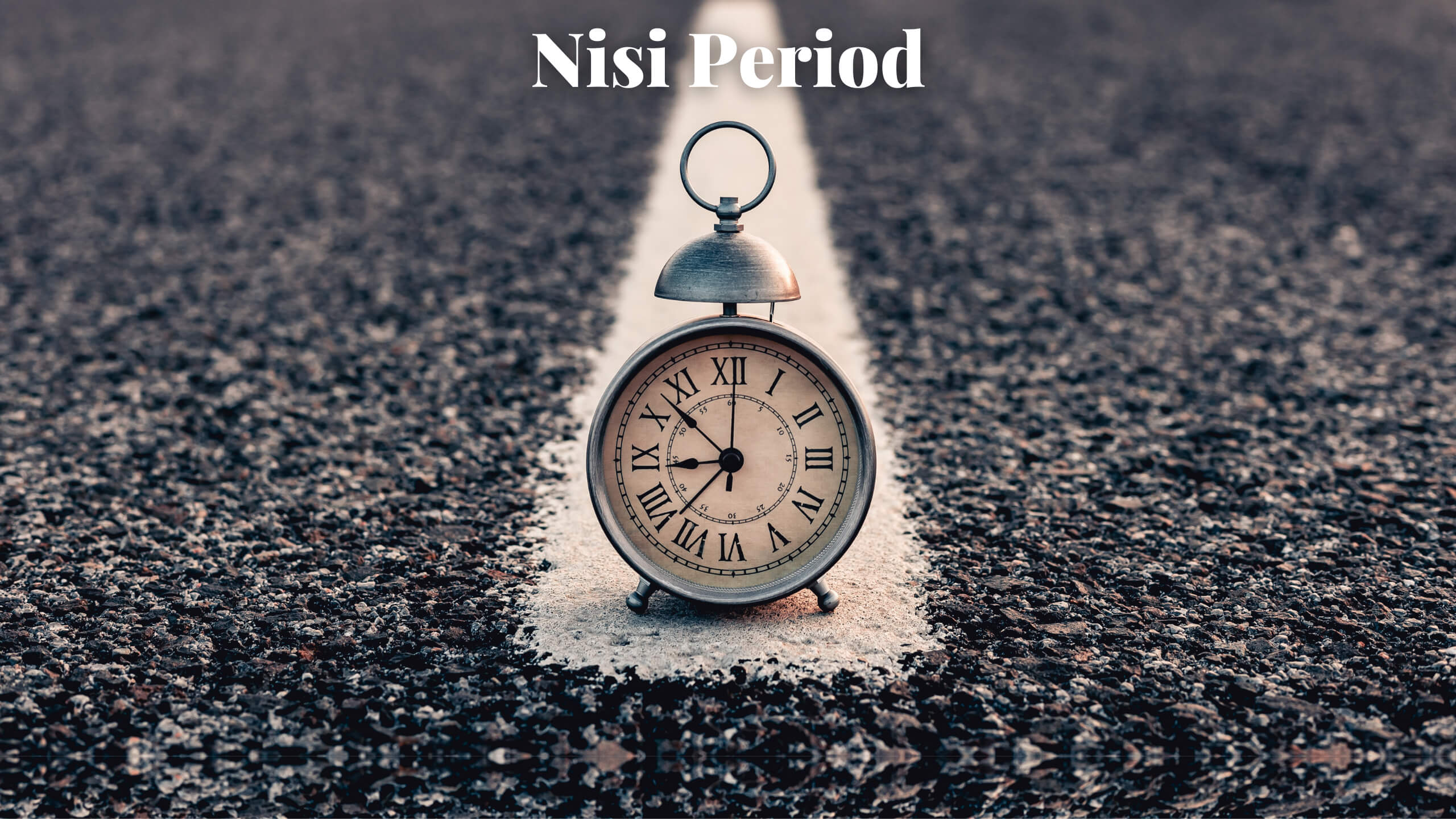Massachusetts Divorce: Understanding The “NISI PERIOD”

If you are interested in filing for divorce in Massachusetts, you may be surprised to know that there is a mandatory waiting period between the time when your divorce is granted and when it is final. The time between when a judge grants your divorce and when the divorce is final is known as the “Nisi period.” The Nisi period lasts 90 days. If you filed a joint petition, there is a 30-day waiting period before the Nisi period begins (making it a total of 120 days from the date the judge approves the divorce until the absolute judgment is entered). Once the Nisi period has expired, the divorce is automatically final without requiring any further action from the parties.
The reasoning behind the Nisi period is to allow the parties one last chance to reconcile their marriage before the divorce becomes final. Although the parties may feel certain that divorce is the right choice when filing, circumstances can change, and the parties may decide divorce is not actually what they want after all. This cannot be accomplished by one person changing their mind or not wanting the divorce; it would need to be a mutual decision. If the judge enters absolute judgment and the parties reconcile afterwards, they would need to be remarried. If they reconcile during the Nisi period and the divorce is vacated and dismissed, it will be like the divorce never happened.
Some people believe that the Nisi period means that they can try to change parts of their settlement agreement that they are not happy with. That is NOT the case. Once you enter into a settlement agreement (often referred to as a “Separation Agreement” or a “Divorce Agreement”) that the court then approves, it is considered final. There are rare circumstances where you might be able to change the terms of the agreement based on fraud or finding assets that had been hidden, but it is generally considered to be absolutely final. Getting it changed can be very difficult. Your agreement becomes the law and must be followed the day it’s ordered by the judge. The Nisi period has nothing to do with the terms of your agreement going through a waiting period, so make sure you follow that order or you risk being held in contempt.
You CANNOT get married until your divorce is absolute. That means that you cannot remarry during the Nisi period, even if you know there is no way you would ever get back together with your spouse.
Besides being unable to legally remarry, there are other important things to consider relating to the timing of the Nisi period. Generally, filing your taxes jointly incurs many benefits and is a better choice financially for most couples. If you are in the Nisi period when December 31 rolls around, you and your former spouse can still file as “married, filing jointly.” Make sure you talk to your tax accountant if you do not file jointly because you will likely have to file “married, filing separately,” although there are some exceptions.
Also, if a former spouse is not eligible to remain on the prior health insurance policy upon divorce, make sure you check with the insurance company as to when they consider a divorce to have taken place—at the time the Nisi judgment is entered or at the time the absolute judgment is entered.
At O’Connor Family Law, we understand that no two divorces are the same. That’s why we offer knowledge and experience regarding all aspects of divorce and family law to Massachusetts residents. For more information on how we can help you during your divorce, please contact us online at www.familylawma.com or by telephone at 774-703-3755.


